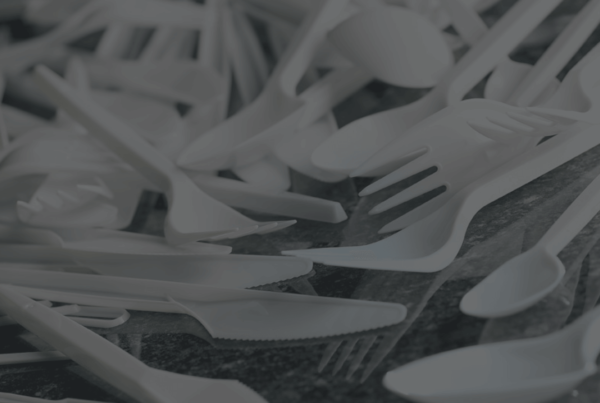How bad is it really?
On June 4 th 2019, a dead dolphin washed up on a beach in South Karnataka. dead dolphins and turtles have been washing up on shore for the past few months and conservationists are concerned. Most of the deaths have been
attributed to pollutants like fuel and plastic near the coast. For a state
like Karnataka which depends on the fishing industry, the implications are pretty terrifying.
But it’s not just Karnataka, researchers have found several islands of plastic in the worlds oceans with the largest one being the size of Texas and the closest one in the Indian ocean.
Every year millions of marine animals die and an estimated 14 billion pounds of trash is dropped into the world’s oceans.
So why should we care?
What affects the ocean affects us. Plastic in the ocean breaks down over time, turning into micro or Nano plastics. These plastics are impossible to trace and enter easily into the marine food chain. Although the effect of plastic build up in the human body hasn’t been fully documented, it has known to have a severe carcinogenic effect and increase rates of infant mortality and birth defects.
The run off from ships and factories are just as harmful. Mercury, fertilizers and animal byproducts are also dumped into oceans, and are eventually ingested by human beings. These chemicals can cause several issues for human beings including hormonal imbalances, kidney damage and damage to the nervous system resulting in diseases like Alzheimer’s, Parkinson’s and heart disease.
Seafood also contributes 20% of the protein in our diets on average and in India it’s an integral part of our economy. As pollutants on the surface of the ocean schools of fish move lower into the sea, the result is smaller catches and less fish.
How can we help?
The facts of the issue are hard to digest, there is no simple or easy way to fix it. The average human generates half a pound of plastic waste every day and a long-term solution looks at cutting out all plastics, single use plastic being the biggest threat.
However, any change is good change, so reducing plastic waste as much as possible might be a great way to alleviate the problem as an individual. Using biodegradable alternatives like bamboo toothbrushes, paper straws and bags instead of plastic can go a long way. Even better is to reduce consumption altogether like choosing not to wrap gifts and getting as much use out of clothing as possible.
A slightly more difficult but more impactful solution is getting in touch with local authorities and raising your voice about safe disposal of waste. Change can’t be made unless someone cares, and showing that you care about the environment can positively affect how legislature is drafted and how local companies and governing bodies treat environmental issues.
Change is change no matter how small, so altering your life in ways that are both sustainable for you and better for oceans, seas and marine life can have a bigger impact than you think.[/vc_column_text][/vc_column][/vc_row]




